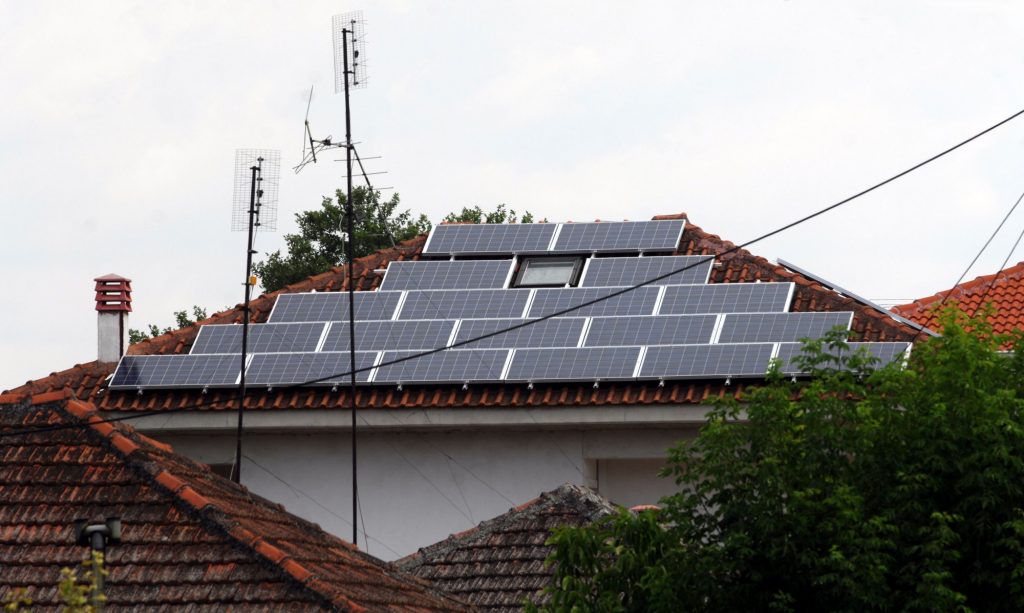The Renewable Energy Policy Network for the 21st Century’s (REN21) latest report rings alarm bells, pointing out that only 13 countries, Greece among them, have enacted public policies to incentivize the transition to electric energy for transportation, crucial for reducing greenhouse gas emissions driving global warming.
However, amidst the post-Covid and energy crisis support plans, 2023 saw a disappointing trend: a slowdown in policy adoption, contrary to expectations. Some countries are even scaling back their ambitions.
The overarching aim of the ongoing transition is clear: to diminish reliance on oil, coal, and gas across various sectors through widespread electrification, encompassing transportation, heating, and industrial processes.
As per the report, Greece, Portugal, Spain, Ireland, the United Kingdom, Italy, the United States, Egypt, China, Vietnam, France, Germany, and India are among the 13 countries actively promoting the uptake of low-carbon products and services across pivotal sectors like transportation, construction, industry, and agriculture to drive energy transition.
China stands out in REN21’s analysis as the sole nation witnessing a consistent increase in electricity’s share of energy consumption, rising from 20% to 30% between 2011 and 2021.
Meanwhile, the United States and the European Union experienced stagnant electricity utilization around 23%.
While agricultural electrification saw notable progress, with business usage increasing from 20% to 27% during the same period, the pace of electrification in transportation, construction, and industry sectors remains sluggish, indicating a pressing need for accelerated efforts.




